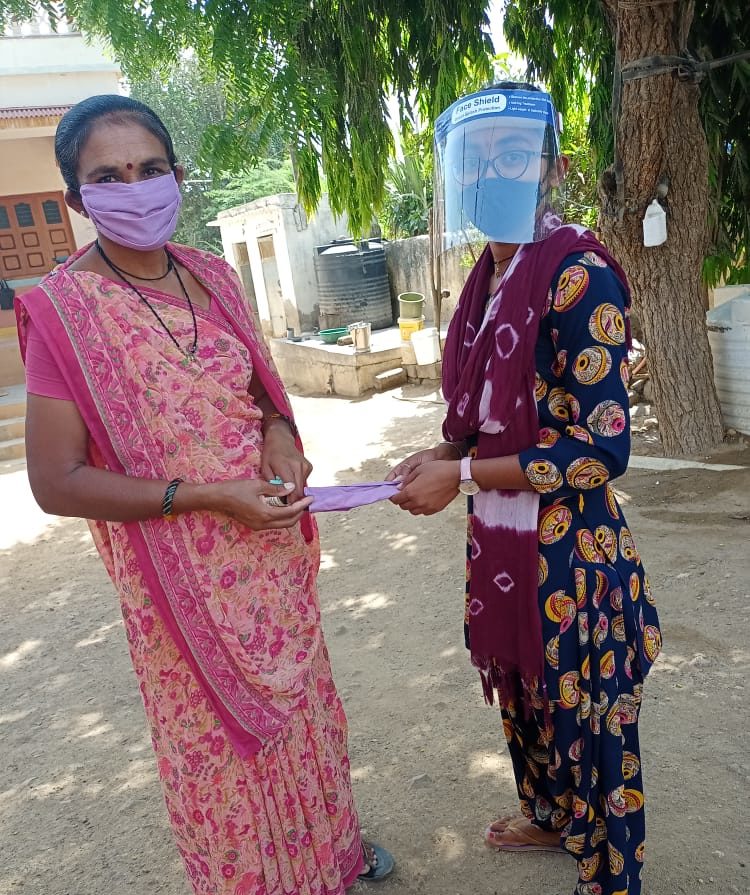Update: IPA Study On Masks Is The First Randomized Trial To Show That Masks Reduce COVID-19 In A Real-World Setting.
IPA’s ability to collect high-quality data rests on the quality of our dedicated staff in the field. Who are the people and the stories behind the data?... Read more >
The story of Eunice and 144 more in the Kibera program
Eunice lives in the Kibera slums of Nairobi, Kenya and was one of 494 people who received ~$1,125 between November 2020 and June 2021 as part of a GiveDirectly COVID-19 relief program focused on entrepreneurs. This program, funded by Google.org, provided women with cash transfers plus elective budgeting and entrepreneurial training from SHOFCO, a local NGO. This “cash plus” design aimed to enable women entrepreneurs to both withstand the worst impacts of COVID-19 restrictions and mak... Read more >
The Fight Must Go On: the importance of supporting health interventions for schistosomiasis in Ethiopia
Schistosomiasis and soil-transmitted helminthiasis are the most prevalent neglected tropical diseases (NTDs) in sub-Saharan Africa. According to research by The Economist Intelligence Unit, commissioned by the END Fund, NTDs cause an annual loss of 17 million healthy life years globally, with 40% of these lost in sub-Saharan Africa. The impact of schistosomiasis on people’s lives Schistosomiasis, a disease caused by parasitic flatworms, is endemic in Ethiopia with an estimated 35 million peo... Read more >
Salt of the earth: Iodination saves lives in Tanzania
A pinch of salt adds zest to food, but more importantly still, it can mean the difference between health and ill-health, a low IQ versus high, fatigue versus energy. The disparity however, doesn’t lie so much in the salt itself, but whether it has been supplemented with iodine—a ‘trace’ element that nevertheless is critical for cognition, energy, cardiovascular, reproductive and mental health. In most industrialized nations, the diseases of iodine deficiency—goiter, mental retardation, and ass... Read more >




